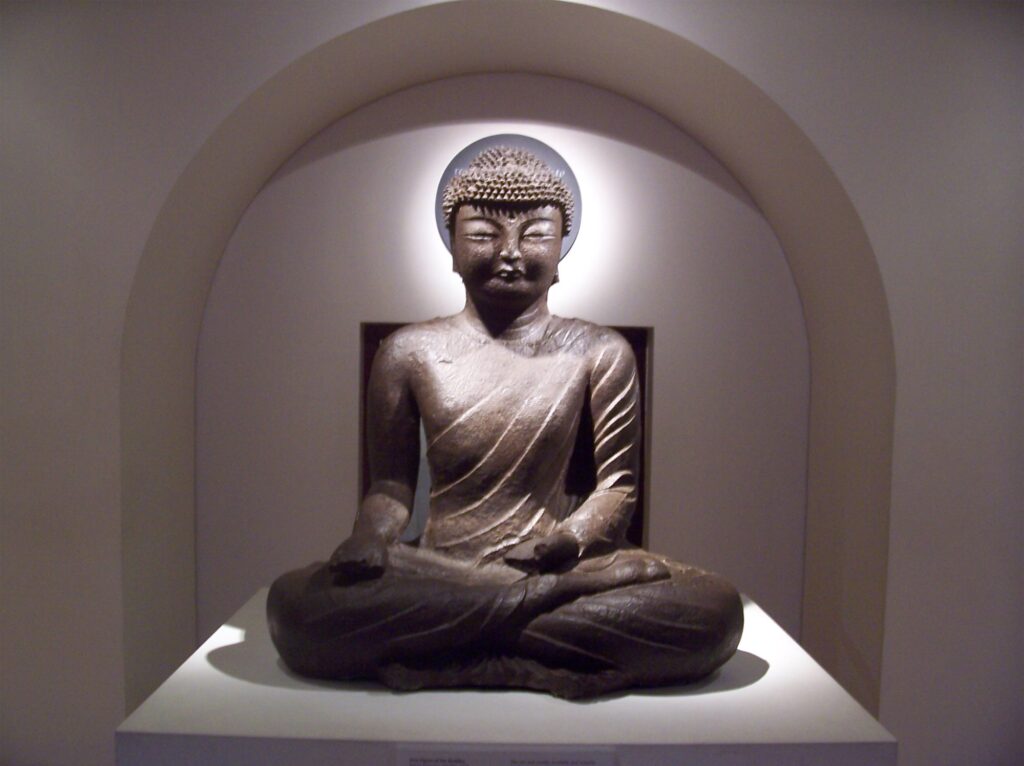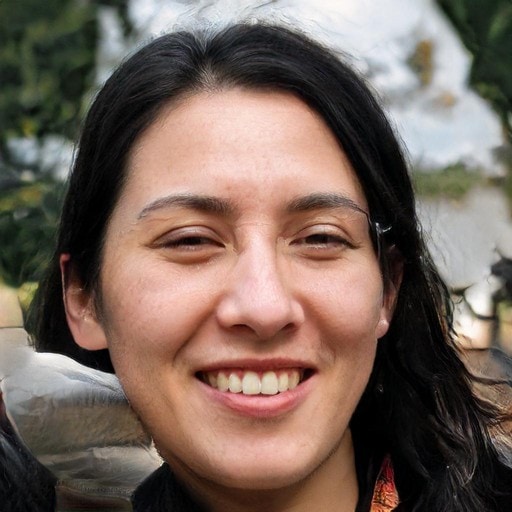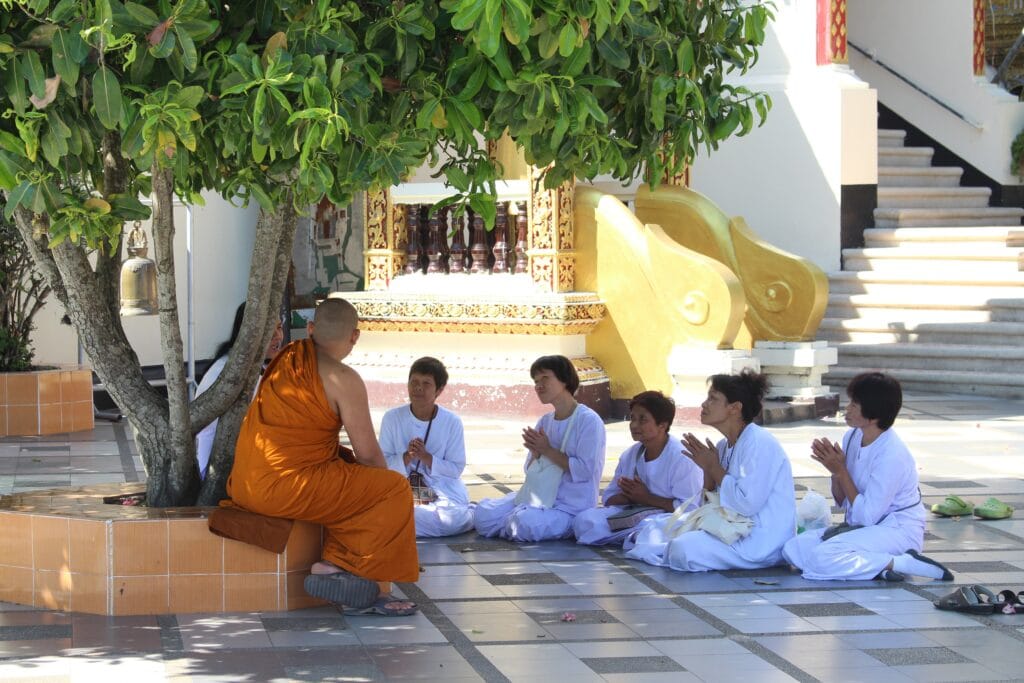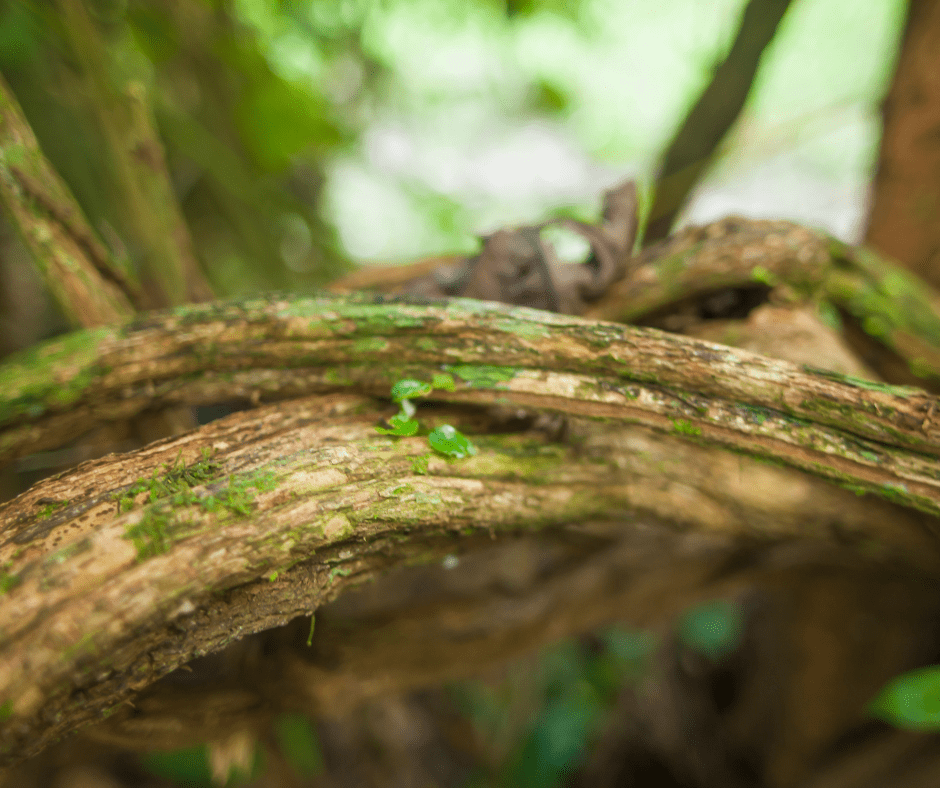Ayahuasca, a potent brew from the Amazon rainforest, has long been a cornerstone in various indigenous ceremonies. Yet, its influence has transcended geographical and cultural boundaries, becoming a point of intersection with other spiritual practices around the globe. From Buddhism’s focus on mindfulness to the Judeo-Christian concept of redemption, the Ayahuasca experience finds unexpected parallels across different religious and spiritual landscapes. The brew not only serves as a powerful spiritual tool within its traditional Amazonian context but also enriches, and is enriched by, a myriad of other spiritual philosophies and practices. The fusion of Ayahuasca with diverse spiritual traditions opens up new avenues for understanding the interconnectedness of global spiritual thought and raises questions about the ethical implications of such cross-cultural exchanges.
Key Takeaway:
- Ayahuasca is a psychoactive brew that has been used for centuries in South America for spiritual and medicinal purposes. It is made from the ayahuasca vine and other plant ingredients, and contains the powerful psychedelic compound DMT.
- Ayahuasca has been traditionally used in shamanic rituals, where the shaman guides participants through a journey to connect with the spiritual world. It is believed to offer insights into one’s self and the universe, and to heal physical and emotional ailments.
- Ayahuasca has been found to have connections with various spiritual practices around the world, including Buddhism, Christianity, and Hinduism. It has been used as a tool for spiritual exploration and growth, and is believed to enhance one’s connection with the divine.
- Ayahuasca has been shown to have potential physical, mental, and spiritual benefits, including improvement in conditions such as addiction, anxiety, depression, and PTSD. It has also been used for personal development and increased self-awareness.
- Ayahuasca consumption comes with risks, including physical side effects such as nausea and vomiting, as well as psychological risks such as intense and potentially challenging experiences. It is important for individuals to carefully consider these risks and to seek guidance and support from experienced practitioners.

Unveiling The Veil: Ayahuasca’s Links with Mysticism
Ayahuasca ceremonies often involve an element of ‘divine unveiling,’ a core concept in mystical traditions like Sufism and Kabbalah. Participants report transcendent experiences that allow for a greater understanding of one’s inner self and the cosmos—themes that resonate deeply with mystical teachings across cultures.
Self-Reflection and Mindfulness: An Intersection with Buddhism
Mindfulness, a cornerstone in Buddhist practice, emphasizes focused awareness and non-judgmental acceptance of the present moment. Ayahuasca ceremonies can catalyze a heightened state of mindfulness, allowing for a deeper introspective journey. This harmonizes well with Buddhist approaches to understanding the self and the nature of reality.
Unveiling The Veil: Ayahuasca’s Links with Mysticism
Ayahuasca ceremonies often involve an element of ‘divine unveiling,’ a core concept in mystical traditions like Sufism and Kabbalah. Participants report transcendent experiences that allow for a greater understanding of one’s inner self and the cosmos—themes that resonate deeply with mystical teachings across cultures.
Self-Reflection and Mindfulness: An Intersection with Buddhism
Mindfulness, a cornerstone in Buddhist practice, emphasizes focused awareness and non-judgmental acceptance of the present moment. Ayahuasca ceremonies can catalyze a heightened state of mindfulness, allowing for a deeper introspective journey. This harmonizes well with Buddhist approaches to understanding the self and the nature of reality. Book An Ayahuasca Retreat Ayahuasca Is A plant-based medicine that may have side effects. Make sure and do independent research before attending a retreat.
Shamanism and Animism: Deep-Rooted Ties
The shamanic roots of Ayahuasca put it in direct lineage with animist belief systems. Like shamanism, animism posits that all elements of nature possess a spirit or soul. The Ayahuasca experience often fosters a profound sense of connection with the natural world, a spiritual context that echoes through other animist practices.
Redemption and Rebirth: Echoes in Judeo-Christian Traditions
The transformative experience reported by many who engage in Ayahuasca ceremonies has compelling parallels to the Judeo-Christian concept of redemption. The emotional and psychological ‘cleansing’ can be likened to a form of rebirth, offering a new lens through which to view the principles of sin, forgiveness, and the renewal of spirit.
Moral Codes: A Universal Underpinning
Many spiritual practices carry an ethical or moral code, from the Christian Ten Commandments to the Hindu concept of Dharma. In Ayahuasca ceremonies, participants often encounter moral or ethical lessons that echo these universal laws, raising questions about inherent moral structures within human consciousness.
Ethical Considerations in Cross-Cultural Exchange
As Ayahuasca ceremonies gain popularity worldwide, it’s essential to approach the blend of this Amazonian tradition with other spiritual practices respectfully. The process should honor Ayahuasca’s indigenous roots and not engage in cultural appropriation, ensuring an ethically sound exploration of spirituality.
The Shaman’s Role in Ayahuasca Ceremonies
The experience of drinking Ayahuasca involves a lot more than merely consuming a brew made from Amazonian plants. It includes an intricate web of rituals, traditions, and beliefs that have been around for centuries. The Shaman’s Role in these ceremonies is essential to the practice since they act as facilitators between participants and the spirit world.
Shamans are highly respected figures among indigenous peoples, especially in South and Central America. They use Ayahuasca as a tool to connect with the realms beyond the physical reality by guiding participants through their spiritual journey. Their primary responsibility is to set up a safe environment where individuals can achieve deep insights into themselves without any harm.
The Shaman’s Role in Ayahuasca Ceremonies transcends time and boundaries due to their immense knowledge, passed down from generations of shamans before them. They have an extensive understanding of plant medicine, Ayahuasca’s effects on human physiology, and the spiritual realm. This wisdom has enabled Shamans to provide relief for various physical or mental illnesses over time.
According to one source (Benjamin Thomas Ethnobotany In Context; 2019), many indigenous groups view Ayahuasca as a way of life—a part of their culture rather than some new-age trend or cultural appropriation. They believe that it allows them to tap into a higher consciousness that can reveal hidden truths about themselves and the world around them.
As you immerse yourself in this article, you’ll discover how The Shamanic Journey with Ayahuasca evolves from brewing the brew through preparation rituals and then downright when customers go for experiencing visions using Ayahuasca as an entry point.
The Spiritual Shamanic Journey with Ayahuasca
Ayahuasca is a spiritual practice of consuming a psychedelic brew that has been in use for centuries by the indigenous communities in South America. This ritualistic spiritual practice involves psychonautic exploration of the self, facilitated by an experienced shaman who leads the ceremony.
The shaman prepares Ayahuasca by boiling two plants, ayahuasca vine and chacruna leaves, that contain DMT (dimethyltryptamine) and harmala alkaloids which combine to form a powerful natural hallucinogen.
Ayahuasca is believed to provide an alternate perception of reality, opening up access to one’s subconscious mind and can lead to profound insights and personal transformation. It is often said to be spiritually guided as individuals encounter spirit animals, visual patterns or even entities during their psychedelic experience.
During The Shamanic Journey with Ayahuasca, participants are encouraged to surrender control and trust in the process which may result in purging (vomiting) as it is seen as cleansing or releasing inner negativity before experiencing the pleasurable effects.
It is believed that Ayahuasca is motherly hence why it is sometimes referred to as mother natures medicine and provides a spiritually enlightened journey guided by “her”.
One of the reasons scientists believe individuals experience healing sensations or phenomenons with Ayahuasca is because DMT increases neuroplasticity in the brain, allowing individuals to form new neural connections and heal old ones. It can help individuals break harmful thought patterns and gain insight into their own behavior.
believers in the healing spiritual power of Ayahuasca see the plant as a Tool for Spiritual Growth beyond the realm of traditional medicine and therapy. It is an ancient plant medicine that has been used by indigenous people in South America for centuries, and it has recently gained popularity among those looking to explore their spiritual growth.
From shamanistic visions to the deeply introspective states likened to Buddhist mindfulness, Ayahuasca serves as a unique intersection of global spiritual thought. Its resonance with a plethora of spiritual philosophies not only expands our understanding of the brew but also enriches the tapestry of spiritual practices worldwide. Yet, as we explore this fascinating cross-pollination, ethical considerations remain paramount, lest the brew lose its essence in the whirlpool of global spirituality.
Some Facts About Ayahuasca and its Relationship to Other Spiritual Practices:
- ✅ Ayahuasca is a plant mixture traditionally used in shamanic rituals in the Amazon basin. (Source: National Geographic)
- ✅ The active ingredient in ayahuasca is DMT, a psychedelic compound that produces vivid hallucinations and altered states of consciousness. (Source: The Guardian)
- ✅ Ayahuasca has gained popularity in recent years as a tool for spiritual exploration, personal growth, and healing. (Source: Vox)
- ✅ The use of ayahuasca has been incorporated into some religious practices, such as Santo Daime and União do Vegetal. (Source: Live Science)
- ✅ Ayahuasca is not legal in all countries and should be taken under the guidance of a trained shaman or facilitator in a safe and controlled setting. (Source: Erowid)
FAQs about Ayahuasca And Its Relationship To Other Spiritual Practices
What is Ayahuasca?
Ayahuasca is a psychotropic plant medicine traditionally used by the indigenous people of the Amazon basin for spiritual and medicinal purposes. It is made by combining the ayahuasca vine with certain plants containing DMT (dimethyltryptamine), a powerful psychoactive compound.
What is the relationship between Ayahuasca and other spiritual practices?
The relationship between ayahuasca and other spiritual practices is used in many contexts, including shamanic and religious ceremonies, and has been compared to other spiritual practices like meditation and yoga. While ayahuasca can offer profound spiritual insights, it is not a replacement for other spiritual practices.
How does Ayahuasca affect the brain?
Ayahuasca affects the brain by inhibiting the reuptake of serotonin, leading to increased levels of this neurotransmitter. This may account for some of the drug’s effects, including altered perception, visual hallucinations, and mood changes.
What are the risks of Ayahuasca use?
The risk of ayahuasca can be dangerous if not used properly. It can interact negatively with certain medications and medical conditions, and can result in mental health issues like anxiety and psychosis. Proper preparation and guidance from an experienced practitioner is essential to minimize these risks.
Can Ayahuasca be combined with other spiritual practices?
Ayahuasca can be used in conjunction with other spiritual practices, but caution should be exercised. Ayahuasca is a powerful and potentially challenging experience, and adding additional practices to the mix can be overwhelming. It is important to consult with a trained practitioner who can help guide the integration of these different practices.
Is Ayahuasca legal?
The legal status of ayahuasca varies by country. In some places, it is legal for religious or cultural use, while in others it is a controlled substance. It is important to research the legal status in your location and to participate only in legal and safe ceremonies.
About Author

Kitty Ramirez is a passionate writer, explorer, and advocate for the preservation and understanding of indigenous cultures and traditional plant medicines. As the author of the blog, Kitty shares her knowledge and experiences from her many journeys across the globe, connecting her readers with the wisdom and healing practices of ancient cultures.
Born and raised in a multicultural family, Kitty developed a deep curiosity about the world and its diverse cultures at a young age. Her adventurous spirit led her to embark on a life of travel, exploring the far corners of the Earth in search of transformative experiences and a deeper understanding of human connection.
Throughout her travels, Kitty has had the opportunity to immerse herself in various indigenous communities, learning from their rich traditions and sacred healing practices. Her encounters with plant medicines, such as Ayahuasca, Sananga, and Rapé, have been particularly life-changing, inspiring her to share the power of these ancient remedies with a broader audience.
Legal Disclaimer: The information, including but not limited to, text, graphics, images and other material contained on this website are for informational purposes only. No material on this site is intended to be a substitute for professional medical advice, diagnosis treatment or recommendation. Ayahuasca is not an FDA-approved substance and side effects have been found. Make decisions based on your own level of comfort as an adult, not from anything you read on this website.






